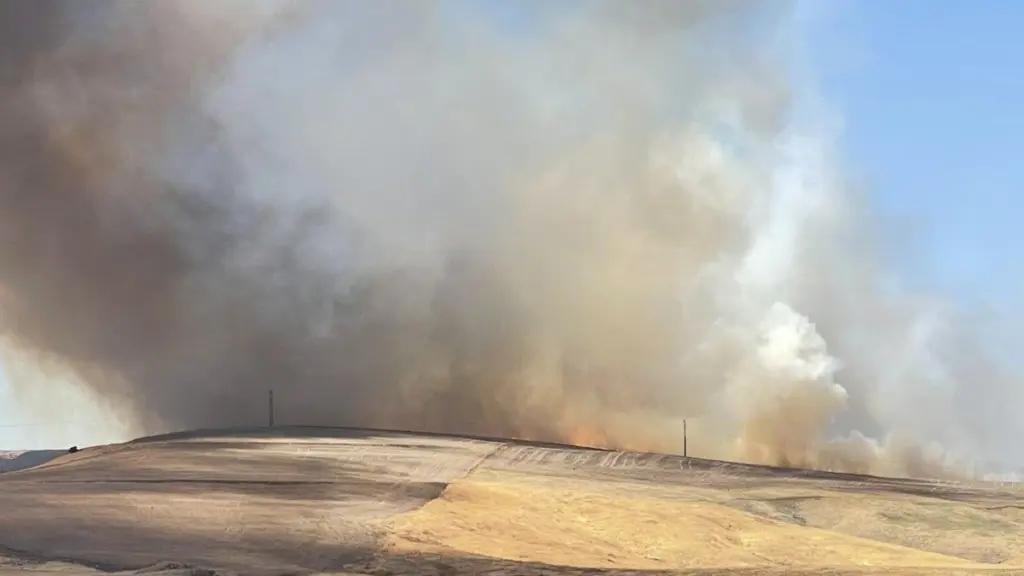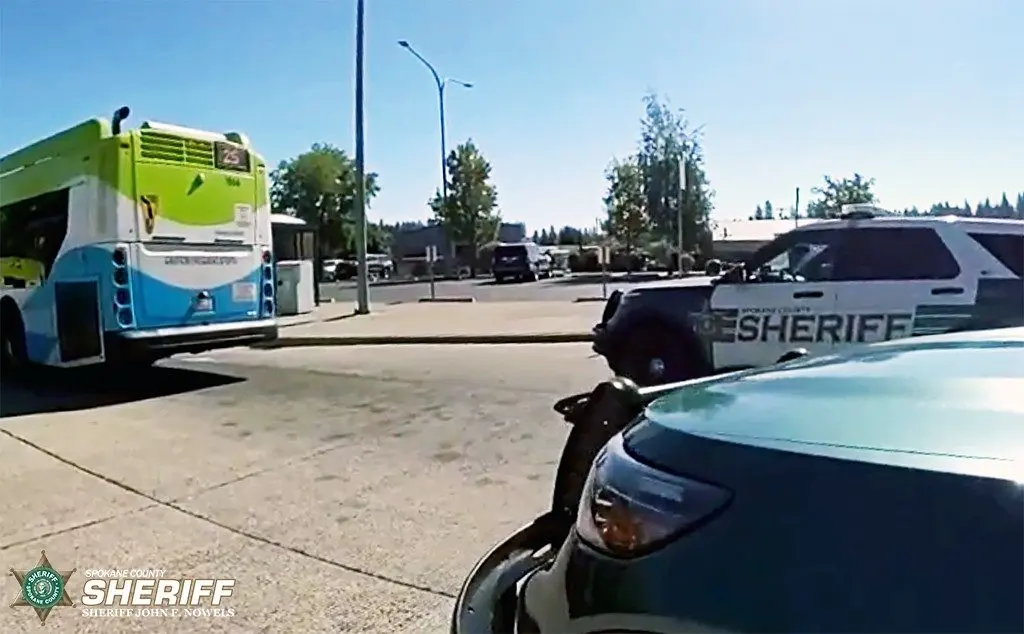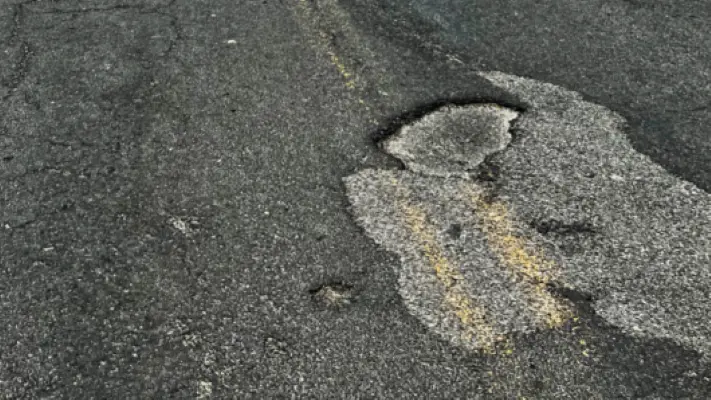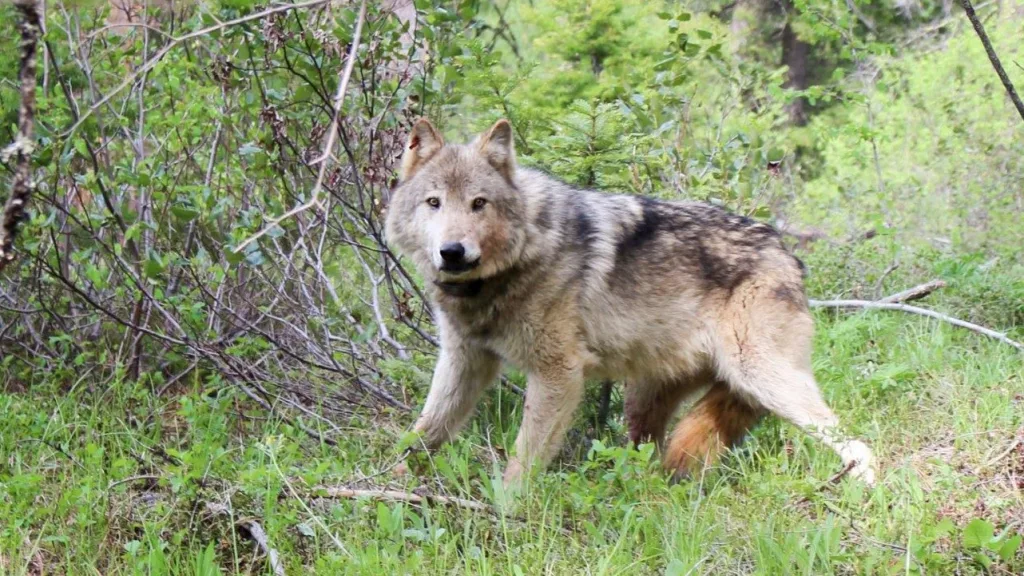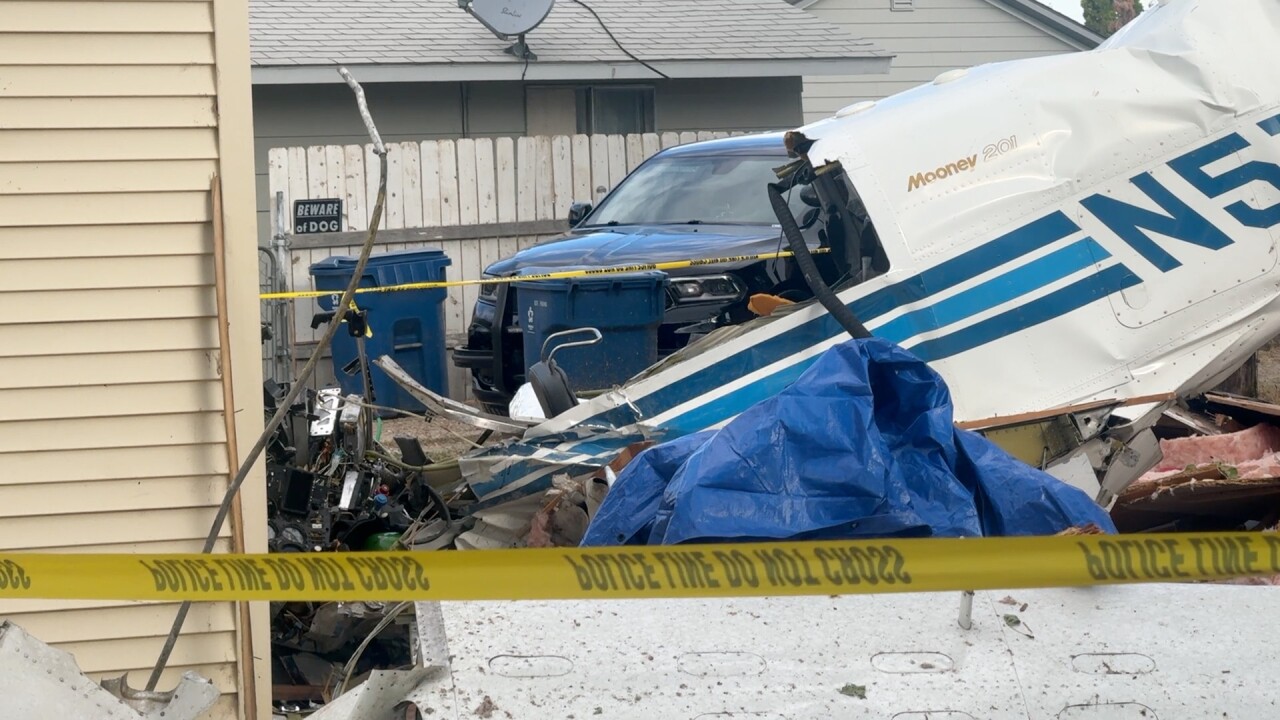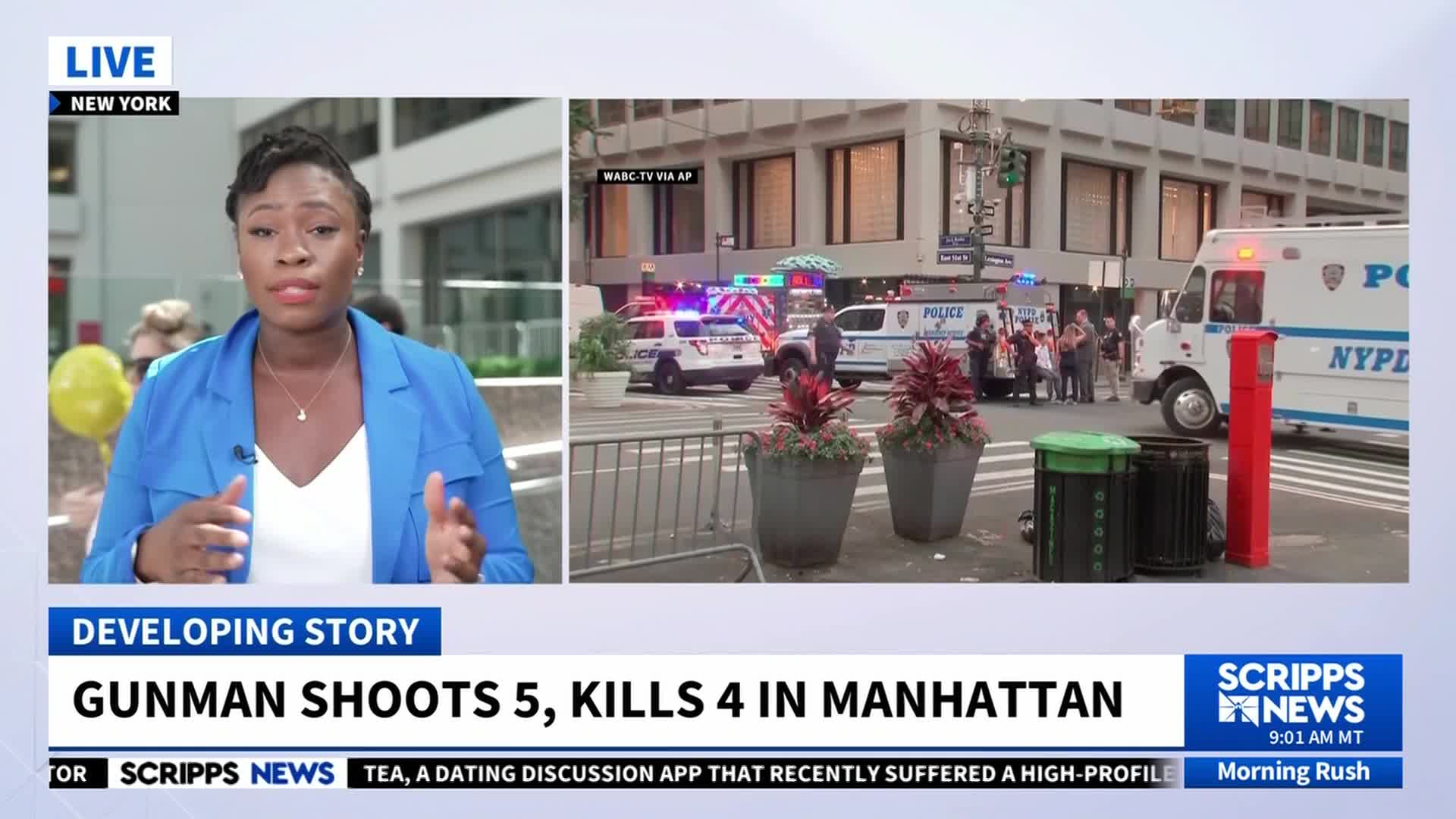BOISE, ID As July draws to a conclusion, the National Interagency Fire Center (NIFC) notes that although there have been more wildfires nationwide this year than usual, the overall amount of land burned is still less than the 10-year average. Authorities attribute the limited damage to the hard work of wildland personnel and quick, coordinated firefighting actions.
There are currently 36 significant flames burning in 10 states, with Alaska (11), Arizona (6), Colorado (4), Idaho (4), California (3), New Mexico (2), Utah (2), Wyoming (2), Nevada (1), and Oklahoma (1) reporting active incidents. The total area scorched by these fires is more than 722,000 acres.
As of the most recent update, just one big fire was reported to be suppressed. There were three new significant fires or emergency reactions noted.
Due to a mix of dry fuels, strong winds, and isolated thunderstorms, some of which may provide little to no rainfall, fire behavior is predicted to remain elevated in a number of places. The weather forecast for today calls for extremely dry conditions in sections of the West Slope, central Nevada, southeastern Idaho, Utah, and Arizona, with relative humidity levels predicted to fall to 4 to 15%. Winds of 30 to 40 mph have been recorded in western Utah and east-central Nevada.
Through Friday, a wide area spanning northern California, the Great Basin, Oregon, Washington, and Idaho is expected to see isolated to scattered thunderstorms, both wet and dry.
Wet thunderstorms are providing some respite in southeastern Arizona, New Mexico, and Colorado as the monsoon moisture system gradually moves westward. While conditions remain chilly and rainy in Alaska and breezy and dry in Hawaii, potentially severe weather is predicted for the middle Plains and Great Lakes.
The NIFC emphasizes that parking or driving on dry grass is one frequently disregarded wildfire risk. The grass underneath can be readily ignited by the heat from a car’s exhaust system or catalytic converter. The public is urged by officials to park only on tarmac or gravel and to refrain from stopping over vegetation.
